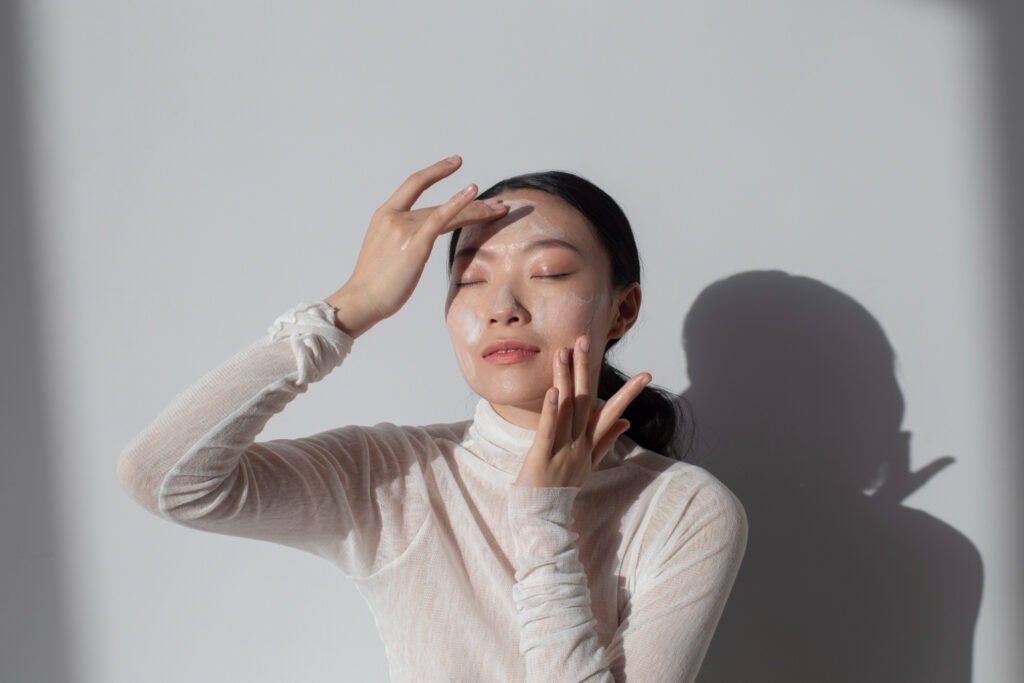Skincare is important for keeping our skin healthy and looking good. One key product in many people’s routines is antibacterial cleansers. These special cleansers help to remove dirt, oil, and bacteria from the skin. This article will explain how to use antibacterial cleansers with other skincare products for the best results.
Understanding Antibacterial Cleansers
Antibacterial cleansers are products designed to kill bacteria on the skin. They are especially helpful for people with acne or oily skin, as they can help prevent breakouts. By using these cleansers, you can keep your skin clean and clear.
Benefits of Antibacterial Cleansers
- Fight Acne: They help reduce the number of bacteria that can cause acne.
- Deep Clean: They remove dirt and oil from your skin, making it feel fresh.
- Prevent Infections: They can help keep your skin healthy by preventing infections.

The Importance of Layering Skincare Products
Layering skincare products means applying them in a specific order to get the best results. Using an antibacterial cleanser is just the first step. After cleansing, you can add other products to help your skin even more.
Key Ingredients to Consider
When using antibacterial cleansers, it’s good to know about the ingredients they contain. Common ingredients include:
- Salicylic Acid: Helps to clear out pores and reduce acne.
- Benzoyl Peroxide: Kills bacteria and reduces redness.
- Tea Tree Oil: A natural antibacterial that soothes the skin.
Knowing these ingredients can help you choose the right products to combine with your antibacterial cleanser.
Combining Antibacterial Cleansers with Other Products
Here are some products that work well with antibacterial cleansers:
1. Moisturisers
After using an antibacterial cleanser, your skin might feel a bit dry. Applying a moisturiser is essential to keep your skin hydrated. Look for a light moisturiser that won’t clog your pores.
2. Toners
Toners can help balance your skin’s pH after cleansing. They prepare your skin for the next steps in your routine. Choose a toner that is alcohol-free to avoid drying out your skin.
3. Serums
Serums are concentrated products that target specific skin issues, like dark spots or fine lines. After cleansing and toning, apply a serum that suits your skin type.
4. Sunscreens
Finally, always apply sunscreen during the day. Even if you are using antibacterial cleansers, protecting your skin from the sun is vital to prevent damage and ageing.

Tips for Effective Combinations
To make sure your skincare routine is effective, keep these tips in mind:
- Patch Test: Before trying a new product, apply a small amount to a hidden area of skin to check for reactions.
- Know Your Skin Type: Choose products based on whether your skin is oily, dry, or sensitive. For example, if you have oily skin, you might want to use lightweight products.
Common Mistakes to Avoid
When combining skincare products, some mistakes can lead to irritation or breakouts. Here are a few to watch out for:
- Over-Exfoliating: Using too many products that contain exfoliating ingredients can damage your skin. Stick to one exfoliating product at a time.
- Ignoring Your Skin’s Needs: Pay attention to how your skin reacts. If you notice redness or irritation, adjust your routine accordingly.
Conclusion
Combining antibacterial cleansers with other skincare products can greatly improve your skin’s health and appearance. By using moisturisers, toners, serums, and sunscreens together, you can create a complete routine that helps keep your skin clear and fresh. Remember to choose products that suit your skin type and always patch test new items. Happy skincare!




